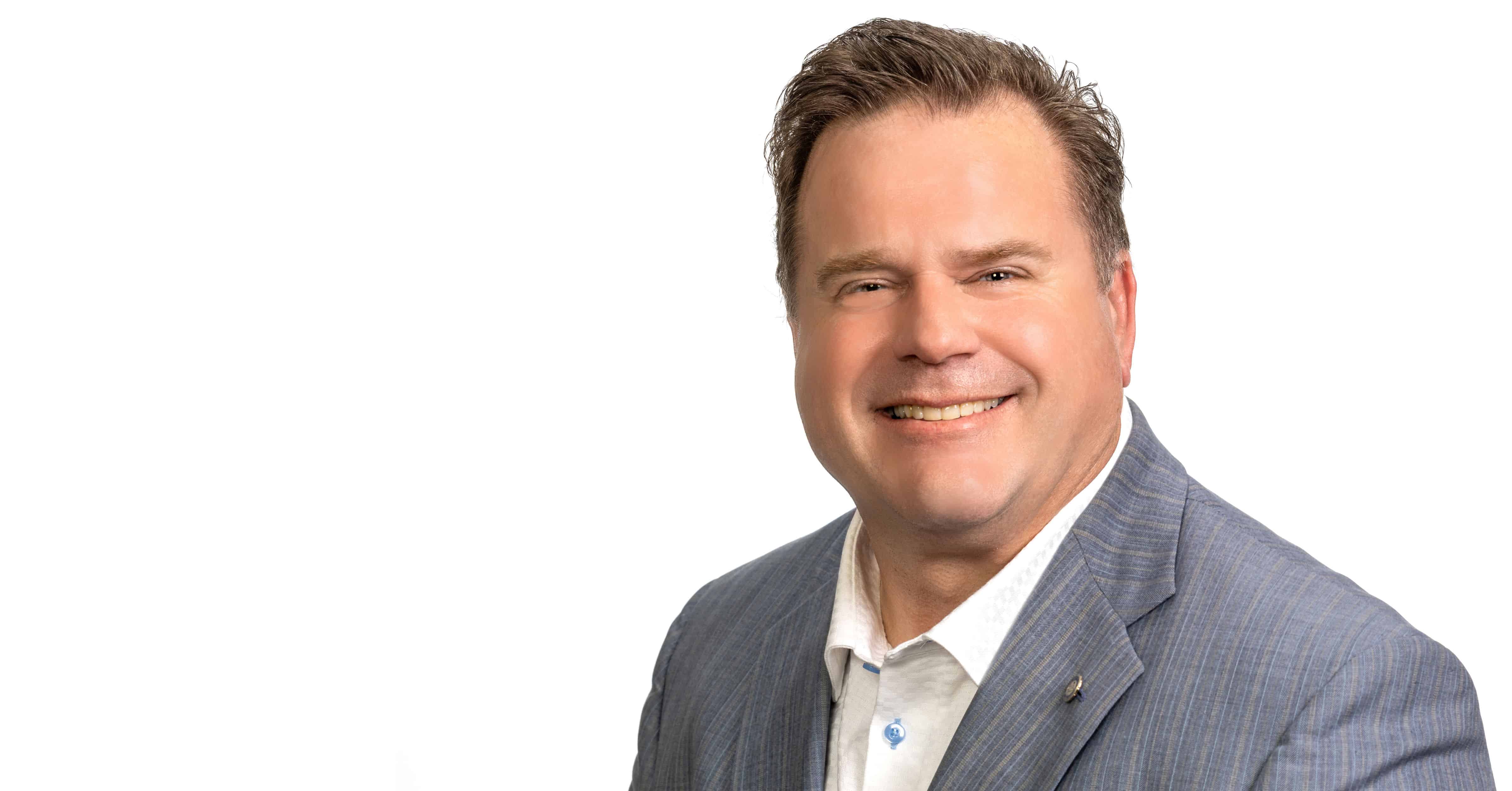Stress. What does this word mean to a millennial? A lot of the time it could be the large sum of student loan debt hanging over our head, saving for our future, finishing a degree, the list goes on. What it really feels like to most of us is a weight on our shoulders that can be hard to shake off. So, how do we handle this weight when it becomes too heavy to bear? As it turns out, there are many ways the millennial generation copes with stress and anxiety.
I, personally, have my own methods of coping with high amounts of stress and anxiety which usually involve eating a lot of snacks, but I wanted to hear the input of my fellow millennials. Since this could be a more sensitive subject, for those who struggle with depression and anxiety, I asked some of my close friends for their input. Many of them claimed playing video games and binge-watching shows, or movies, were a good way to wind down from stress. However, in those higher stress moments where the world feels like it is closing in on them, many turn to proven strategies to help center their mind. In light of recent events caused by COVID-19, finding peace in a disrupted world has been something a lot of us have had to work on. This could be focusing on that single task to distract the mind, such as cleaning, shopping or reading. Many said they make lists of the things they can control to help them get a better handle on what is going on around them. Others seek help from a therapist to talk through their stress. Some said they just cry it out rather than letting their stress build up inside to a point beyond control. Meditation was another tool many used to help ease their mind of stress and anxiety or read something that is similar to a mantra. The last two strategies are interesting and something that I think may be worth trying. Centering your mind to gain perspective is a highly successful strategy for some individuals.
Because of findings, I pursued a lengthy discussion on meditation with a friend. She mentioned that she uses an app called, “Calm”. This app provides guided meditations as well as tips and tricks about how to incorporate meditation into your daily routine. There are similar apps out there as well. Taking time to meditate, in some capacity, on a daily basis can help start and end the day on a positive note. Meditation can also make you more aware that although anxiety and stress are present, our reactions to it may be controllable. People experience a variety of reactions to stress. To put it simply, some people react to situations better than others by approaching stressful situations and anxiety with a different mentality.
There is a concept called “spheres of influence” that is present in some stress-management methods. To briefly describe this concept, there are things you have absolute control over which is called, “The Self”. Things you have limited control over called “Influence”. Lastly, the things you have no control over are grouped as “Everything Else”.
To place this concept in perspective during the COVID-19 pandemic, consider the following:
- Self: We as individuals have control over what we do during the pandemic. We can decide to go to the store, or do delivery or pick-up, decide to go to restaurants, decide to exercise, etc. Factors that we can control, we should. We can decrease our stress levels by ensuring we are utilizing good behaviors to keep us as safe as possible.
- Influence: The next sphere contains life areas over which we have some or limited control. This may include family members’ decisions during the pandemic. Yes, you can give advice but you cannot decide for them what they can do. Therefore, it is not helpful to devote time to these activities that cause you stress.
- Everything Else: The final area. This includes the governmental decisions affecting health, safety and the economy. We have very little direct control over these areas on a global basis. It is best not to fixate on these areas of life because it lowers our feeling of comfort and increases our stress level. Focus on what you can affect, not what you can’t.
No matter the method of controlling your stress levels, whether millennial or older, it is important to keep the majority of your focus on yourself and those things you can control. Expend very little, if any, energy on the things you cannot.








